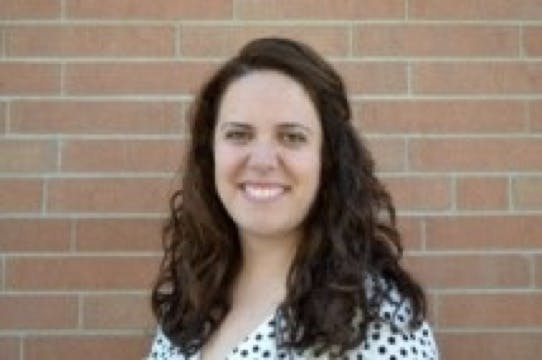Public Health Standards
Upcoming City Council Meeting & Possible Action
The City Council is scheduled to make a decision on the proposed land use code amendments on March 9, 2026, after a public hearing on February 17, 2026. The prosed changes improve coordination between the issuance of building permits by the City of Eugene for new development in the E-2 Mixed-Use Employment, I-2 Light-Medium Industrial, and I-3 Heavy Industrial zones and permitting done by public health regulatory entities.
How to Submit Testimony
Submit a written statement to the City Council, c/o CA 25-3 Planning Division, 99 W. 10th Avenue, Eugene, Oregon 97401 or by e-mail to RVerner@Eugene-or.gov. Written testimony will be provided to the City Council in batches as it is received.
Issues which may provide the basis for an appeal to the Land Use Board of Appeals must be raised in writing with sufficient specificity to enable the decision maker to respond to the issue prior to the expiration of the comment period.
More information for options to watch the City Council meeting will be available on the Public Meetings page.

Refining Eugene’s land use code for industrial development
The City of Eugene is committed to supporting a healthy built environment for all community members, as well as an economic climate where businesses can grow and thrive. Land use planning is one way the City can encourage development where residents have access to clean air and water and opportunity for economic prosperity.
Project Background
This project will identify possible changes to Eugene’s land use regulations to address the concerns of residents living near industrial areas within the City of Eugene. Through this project, the City will:
- Engage residents, businesses, and community organizations on possible changes.
- Identify gaps in local, state, and federal regulation of industrial development.
- Consider enhanced land use regulations for new or expanded industrial developments located near residential zones, parks, schools, and other sensitive areas in order to mitigate community health risks.
- Gather additional recommendations for future changes to City policy, zoning of properties, programs and investments, or other ways to make changes through land use planning.
The City’s land use code already regulates industrial development in many ways, and under some circumstances, land use regulations can fill gaps and/or prevent future impacts on people living nearby. However, Eugene’s land use code is not always the most appropriate and effective tool for regulating pollution, noise, odors, light, or other environmental impacts. This project will consider enhancements to industrial development standards citywide, including, but not limited to:
- Requiring more distance between new industrial developments and residential or other sensitive areas, through tools such as setbacks, buffer areas, and landscaping.
- Increasing coordination between land use application processes and other approvals (such as traffic impact studies, clean air permitting, or other requirements)
- Other tools identified through research and community engagement
City Council Direction
On June 18, 2025, Eugene City Council directed staff to take the following next steps on the Public Health Standards project:
Action 1: Draft land use code amendments to require that an applicant demonstrate, prior to the issuance of City Development permits, that either:
- the applicant has been issued all necessary licenses and permits from pollution control agencies like the Lane Regional Air Protection Agency (LRAPA) and Oregon Department of Environmental Quality (DEQ), or
- the applicant has applied for the necessary licenses and permits, and the licenses and permits are likely to be issued.
Action 2: Upon completion of a Hazard and Risk Analysis Study, led by the City's Sustainability Program, draft potential land use code amendments informed by the results of the study.
Staff will begin drafting land use code amendments to advance the first action in summer 2025. More information on the Hazard and Risk Analysis Study, noted in the second action, will be available soon. The Study should be completed within 9-12 months, anticipated by summer 2026.
Project Timeline
Staff anticipate the following milestones for this project:
- Winter – Spring 2025: Community Engagement, Research on Best Practices, Identify Possible Paths Forward
- Summer 2025: City Council direction on next steps; draft initial changes to the Land Use Code
- Fall 2025 - Winter 2026: Land use code amendments and adoption process for Action 1, including Planning Commission and City Council work sessions, public hearings, and deliberations
- TBD: Anticipated completion of Hazard and Risk Analysis Study, informing additional changes to the Land Use Code
Community Engagement
Between January and May 2025, the project team organized both small- and large-group conversations to provide the opportunity to connect with specific communities. Over this time, the team connected with 250+ individuals across 19 meetings and events, analyzed 209 survey responses, and reached out to 18,500+ individuals through online information sharing platforms.
Community engagement efforts focused on better understanding community views and perceptions of the issue and whether the land use code is the right tool to help address those concerns. Staff reached out to a broad spectrum of community members, including affected neighborhood groups, businesses, and environmental and community groups.
Read the Community Engagement Summary here.


